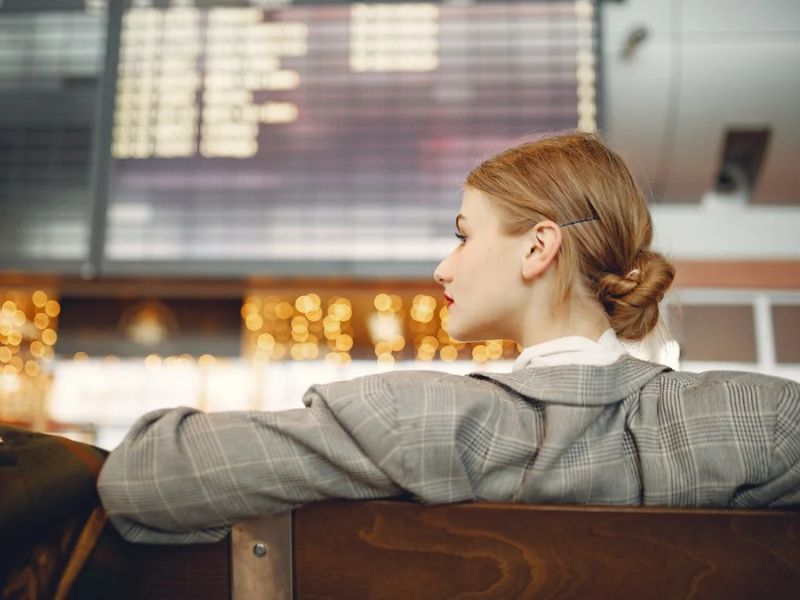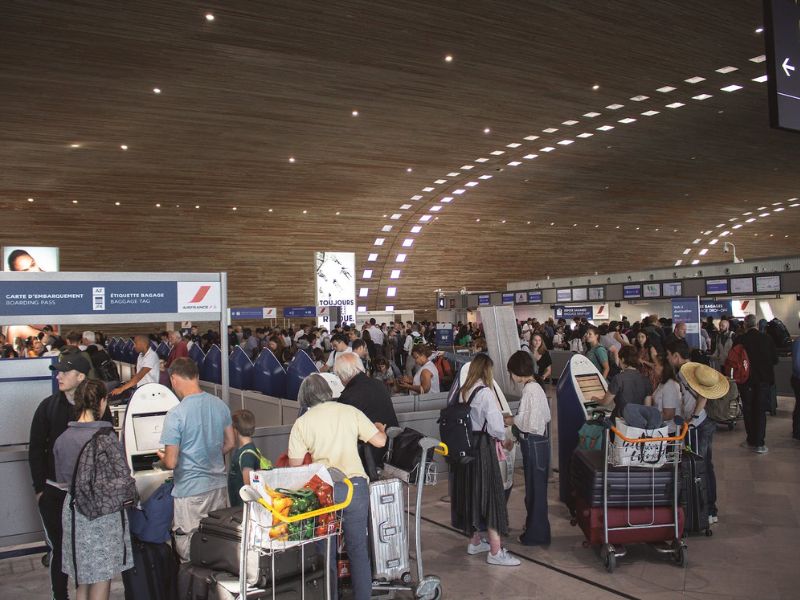Skiplagging, a travel hack that can save you money on airline fares, has gained popularity recently. The concept behind skip-lagging is simple: instead of booking a direct flight to your desired destination, you book a more extended flight with a layover in your target city and don’t take the connecting flight. By doing so, you can often find significantly cheaper fares than what you would pay for a direct flight.

Image Credit: Pexels/GustavoFring
The appeal of skip-lagging lies in its ability to exploit pricing inconsistencies within the airline industry. Airlines use complex algorithms to determine ticket prices based on factors such as demand, competition, and available inventory. It often results in situations where a more extended flight with a layover can be cheaper than a shorter direct flight to the same destination. Savvy travelers take advantage of this loophole, opting to disembark at the layover city and preceding the final leg of the journey.
However, while skip-lagging may seem like an enticing way to save money, it is not without its risks. Firstly, airlines strictly prohibit skip-lagging in their terms and conditions. If caught, they can penalize passengers by voiding frequent flyer miles, canceling return flights, or even banning them from future travel. Additionally, airlines have become more sophisticated in detecting skip-lagging patterns and may employ measures to mitigate this practice.

Image Credit: Pexels/ConnorDanylenko
Furthermore, skip-lagging can cause logistical issues. Checked luggage is typically tagged to the final destination, so if you disembark at the layover city, your bags will continue to the original destination. It means you won’t have access to your belongings until reaching the intended final stop. Additionally, if you miss the connecting flight intentionally, it may disrupt other passengers’ travel plans and potentially lead to delays or complications.
Another essential factor to consider is that skip-lagging is unsuitable for all types of trips. If you have a round-trip ticket, missing a connecting flight can cancel your return journey. Skiplagging also doesn’t work well for travelers with strict time constraints, as it introduces an additional layover and potential unpredictability.